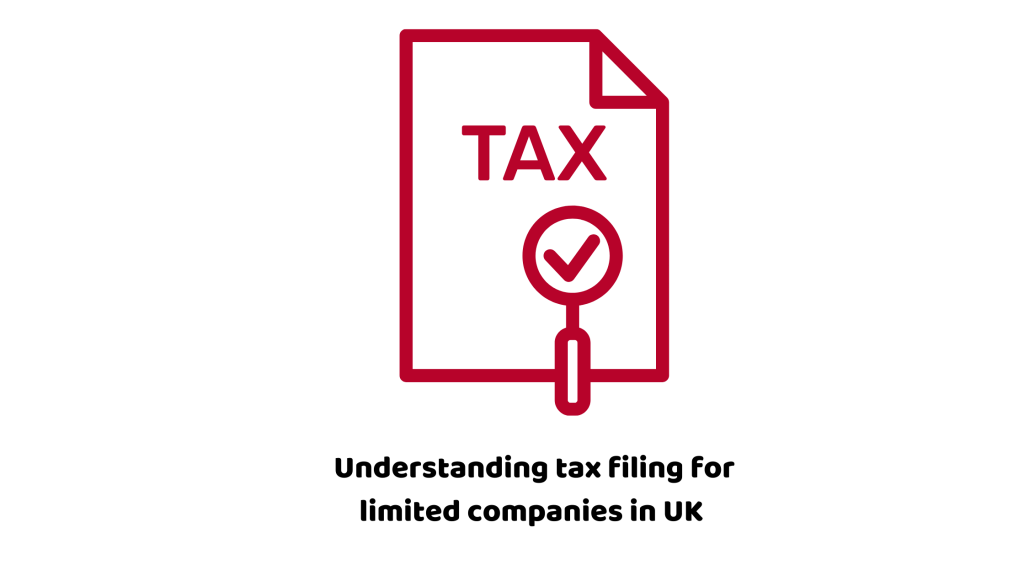For any limited company, filing taxes is really important for an overall business equation. It’s not only imperative to manage your finances but gets really tricky to handle your company’s taxes as well. Bear in mind that tax filing is done for compliance and contributes to the country’s economic growth and development.
In this article, we’ll tackle the tax filing requirements for small businesses in the UK. This specifically helps out
Tax Filing Requirements
First, let’s take a look at what you need to submit for tax filing:
- Company Accounts: You must file Company Statutory Accounts with Companies House (handling the regulation of limited liability partnerships and limited companies), and also directly with Her Majesty’s Revenue and Customs or HMRC (responsible for the collection of taxes for the whole of the UK). Keep in mind that they must be filed nine months after the fiscal year-end. While HMRC receives the full accounts, the Companies House only receives abbreviated ones—not the detailed reports.
- Confirmation Statement: This is a document that limited companies and LLPs must file at Companies House each year. For companies, it contains details of directors and shareholders, while an LLP only lists its members.
- Corporation Tax Return: The Corporation Tax Return essentially indicates the tax paid on the business profit. As a limited company, you must pay and file a tax return that is both complete and accurate. Keep in mind that the form must be filed 12 months after your financial year-end while the payment for the return must be made nine months and one day after your financial year-end.
Calculating tax for a corporation is complex. It talks about account reliefs and allowances. It’s one reason for you to benefit from the services of an experienced tax consultant. They can ensure the CT600 form you submit is correct.
Filing duties of small businesses in the UK
Let’s delve deeper into the filing duties of small businesses in the UK, particularly for limited companies:
- For payroll / PAYE: PAYE stands for Pay As You Earn, which is a requirement since the introduction of Real-Time Information or RTI. As a limited company, you need to report your PAYE to HMRC every month. Typically, your company takes each employee’s salary on payroll and deducts the income tax, National Insurance, and any other deductions applicable. The deducted amounts are then paid immediately to HMRC (or other relevant parties) each month. All deductions are reflected on the HMRC website.
- For companies registered for VAT: You must submit a VAT return every quarter (one month and seven days after the end of the quarter). This is crucial if and when you’ve voluntarily registered for VAT or you’ve hit the VAT threshold. You are then responsible for two things—filing the return and paying the VAT itself.
- For directors: As a director of the company, you must file a self-assessment tax return for the period of earnings from 6 April to 5 April of the following year. Keep in mind that your earnings must be declared to HMRC by 31 January of the following year.
Conclusion
At this point, you now know what tax filing entails for limited companies in the UK. Be sure to consider all the valuable information discussed above—from tax filing requirements down to tax filing duties. If all these are quite overwhelming to take, it’s best to hire a London accountant or tax consultant who can help you every step of the way.
Are you looking for tax consultants to help you comply with the tax filing requirements of your small business? We’ve got you covered as we have a team of accountants and tax professionals catering to small and medium-sized companies. Contact us today to get an instant quote!





















































